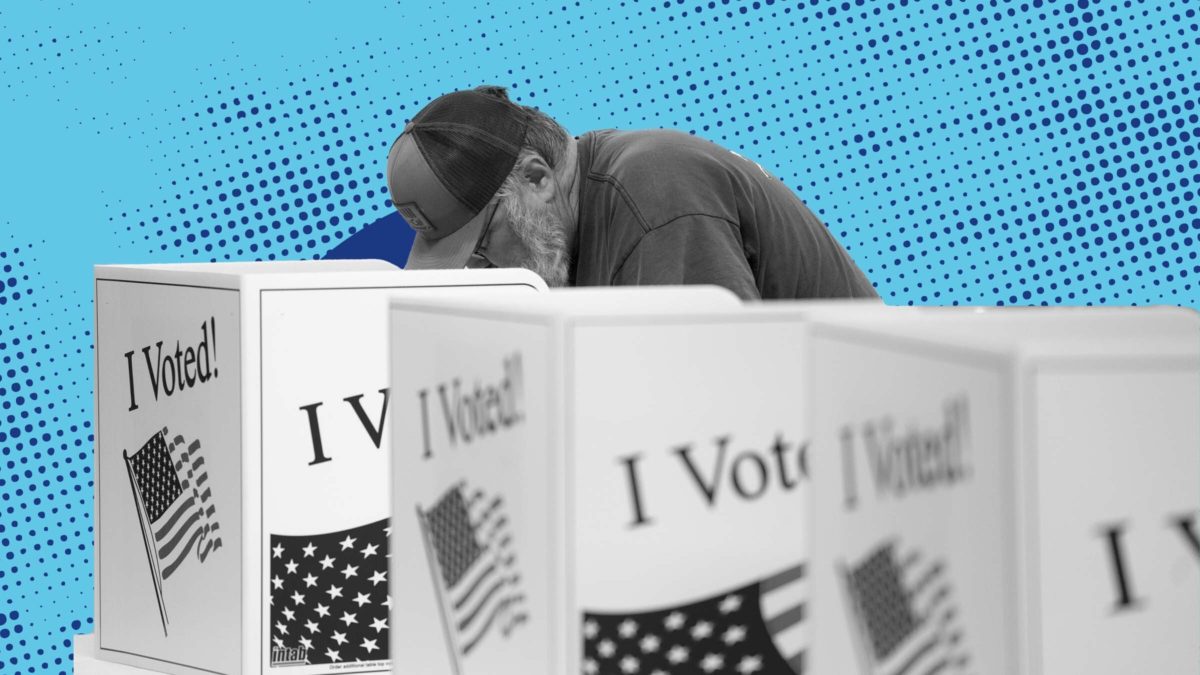Back in July, the Supreme Court shocked observers by turning down a chance to do what it loves doing most: dismantle the Voting Rights Act, piece by piece. In Allen v. Milligan, a challenge brought by Alabama voters to a post-census redistricting map, five justices held that the map likely violated Section 2 of the act, which bars states from passing laws that make it harder for people of color to vote. Chief Justice John Roberts, a man who has spent his entire career working to hollow out the act, wrote an opinion that recast himself as a diligent champion of democracy, framing his opinion upholding this section of the VRA as a “faithful application” of long-standing precedent.
Justice Clarence Thomas, however, as he is wont to do in cases that affirm the existence of civil rights, dissented. And Thomas, as he is wont to do in cases he loses, extended a conspicuous invitation to right-wing activists and/or lower court judges in a footnote: The opinion in Milligan, he noted, “does not address whether [Section 2] contains a private right of action.” In other words, whatever Section 2 does or does not permit lawmakers to do, Thomas suggested that the basic question of whether people can even get into courtrooms to enforce it remained something of an open question.
This past week, a federal appeals court took the hint. In an opinion written by Trump appointee David Stras and joined by George W. Bush appointee Raymond Gruender, a three-judge panel of the U.S. Court of Appeals for the 8th Circuit reached the novel conclusion that only the federal government—specifically, the attorney general—can enforce Section 2 of the Voting Rights Act. Everyone else, from voting rights organizations to state law enforcers to regular people who are just tired of decennial attempts to gerrymander them out of electoral existence, is out of luck.
Stras’ opinion, if the Supreme Court allows it to stand, is as disastrous for the future of multiracial democracy as it is useful to the conservative legal movement’s policy agenda. Private parties have used Section 2 to bring just about every voting rights case in recent memory. That has been especially true since 2013, when the court in Shelby County v. Holder effectively invalidated Section 5 of the act, which had, until then, been its most robust enforcement mechanism, requiring Department of Justice preclearance to voting changes in certain jurisdictions. In his opinion, Roberts tried to downplay Shelby County’s impact by emphasizing that it “in no way affects” Section 2, which became, by default, the last, best hope for protecting access to the ballot.
The 8th Circuit panel’s decision would snap this already-way-too-thin reed in two. Even under Democratic presidential administrations, the Department of Justice simply doesn’t have the resources to play racism whack-a-mole with every single jurisdiction that tries to evade the Voting Rights Act’s prohibitions. Under Republican presidential administrations, meanwhile, the Voting Rights Act would become an aspirational nullity if private actors were not allowed to seek remedies in court.
Read the rest at Slate here.

